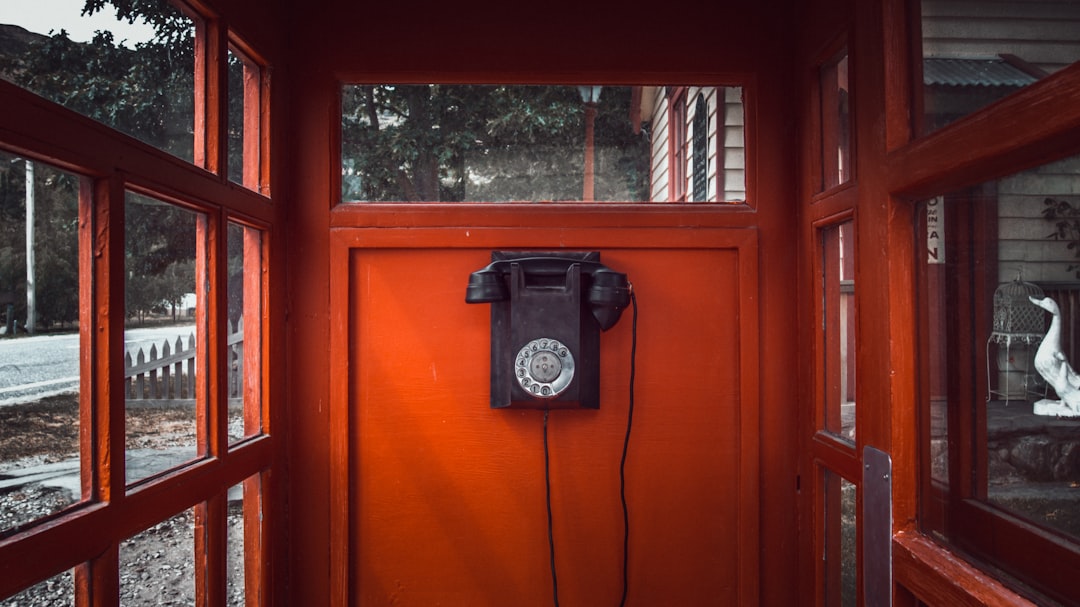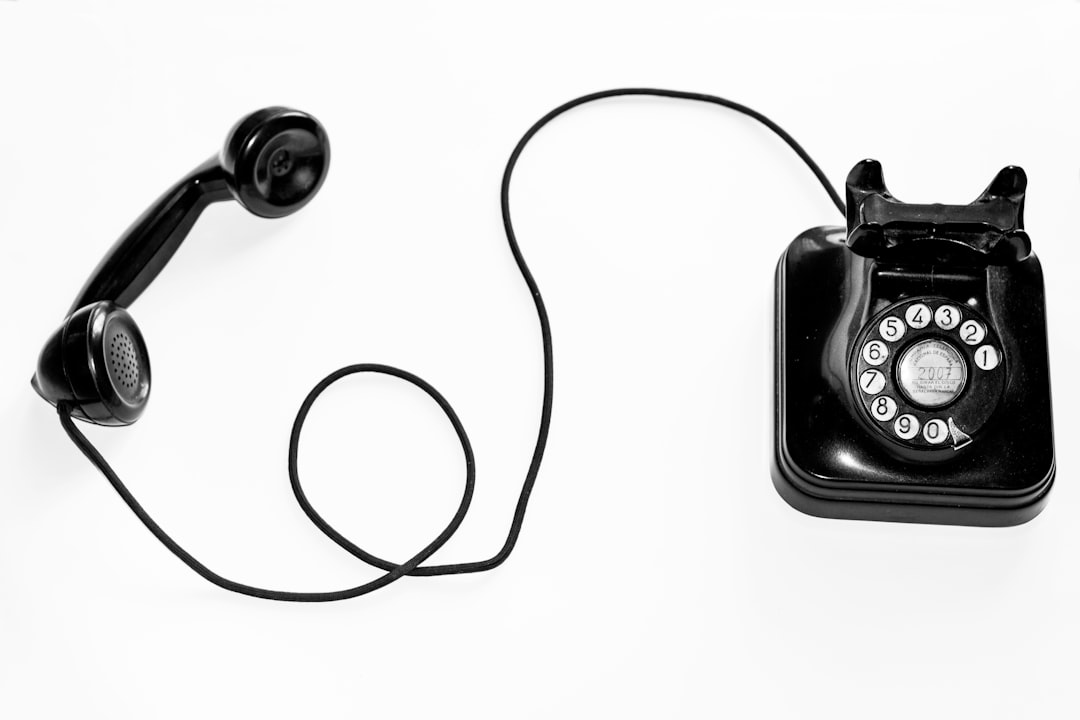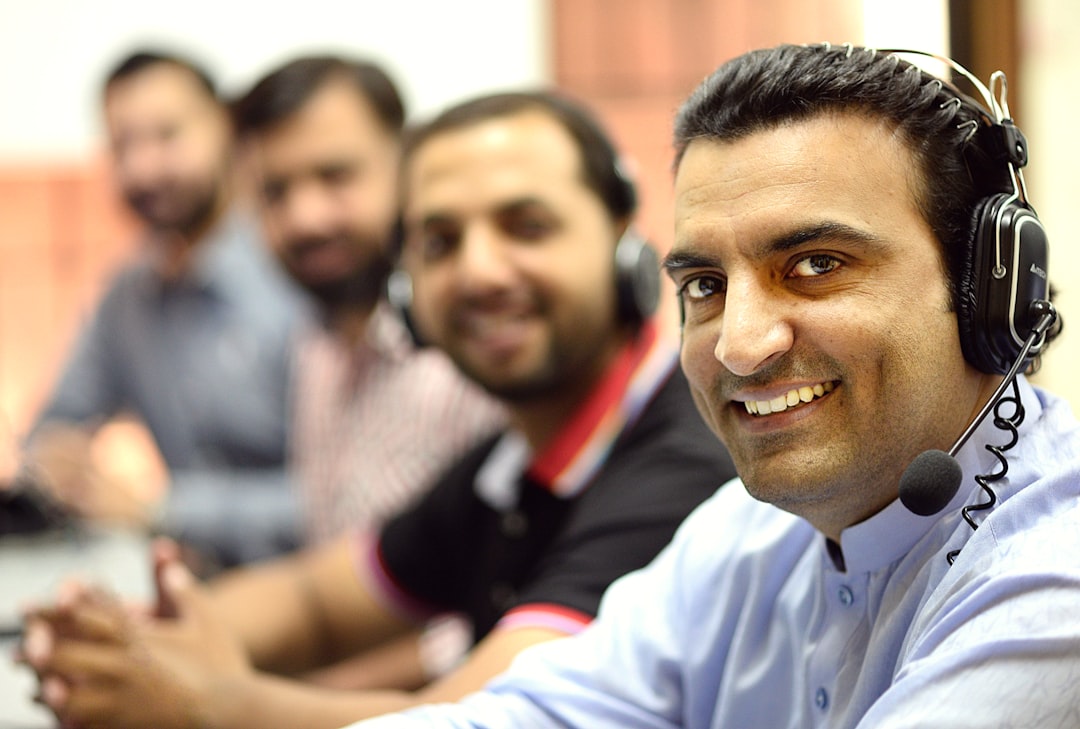Montana residents are facing an increasing number of fraudulent robocalls, particularly from charities, which can be challenging to trace due to hidden origins. To combat this, it's crucial to recognize common scam characteristics like urgent requests and emotional appeals. Verify callers' identities by researching charities online and consulting local authorities or consumer protection agencies. Legal protection is available through federal laws like the TCPA and state laws such as the MTUTPA, which restrict automated calls without consent. Specialized Robocall Lawyers in Montana can help recover damages from scammers and guide residents on reporting these activities to relevant authorities.
In the age of technological advancements, robocalls have become a ubiquitous nuisance, especially when they claim to represent charitable causes. This article guides you through the labyrinthine world of charity scams in Billings, Montana, helping you identify and navigate fake charity robocalls. We’ll explore common characteristics, offer steps to take when receiving suspicious calls, discuss legal protections as a consumer, and provide valuable resources for reporting these fraudulent activities. Stay informed with our expert insights from a robocall lawyer in Montana.
Understanding Robocalls and Charity Scams in Montana

In Montana, as across the nation, robocalls have become an increasingly common nuisance. What’s more, charitably-themed robocalls designed to dupe unsuspecting residents into making impulsive donations are on the rise. These scams often impersonate legitimate charities, using emotional appeals and urgent language to pressure victims into giving. This deceptive practice not only robs individuals of their hard-earned money but also distracts from genuine charitable causes.
Understanding how these scams operate is crucial for Montana residents. Robocall lawyers emphasize that many charitasy robocalls originate from out-of-state or even international phone numbers, making it difficult to trace and hold perpetrators accountable. By educating ourselves on common tactics used by scammers, we can better protect ourselves and our communities. A Robocall Lawyer Montana can offer guidance on how to recognize these scams and what steps to take if you’ve been a victim.
Identifying Common Characteristics of Fake Charity Calls

Fake charity robocalls have become a prevalent issue, especially in areas like Billings, Montana, where unsuspecting residents may fall victim to these deceptive practices. Recognizing common characteristics can help you identify and avoid such scams. One of the most telling signs is the urgency and emotional appeals used by the callers. They might claim that your immediate action is required to save lives or support a noble cause, pressuring you into making quick decisions without proper consideration.
Additionally, these calls often use generic greetings like “Hello” or “Sir/Ma’am” without any personalization, indicating a pre-recorded script. The language and tone may be overly enthusiastic or even aggressive, trying to manipulate your emotions. Reputable charities typically avoid such high-pressure tactics. If you receive a robocall asking for donations to a charity, especially one not recognized by you, it’s advisable to verify the call’s authenticity through official channels before making any contributions. Consulting with a Robocall Lawyer in Montana can provide guidance on protecting your rights and navigating potential legal repercussions.
What to Do When You Receive a Suspicious Robocall About Donations
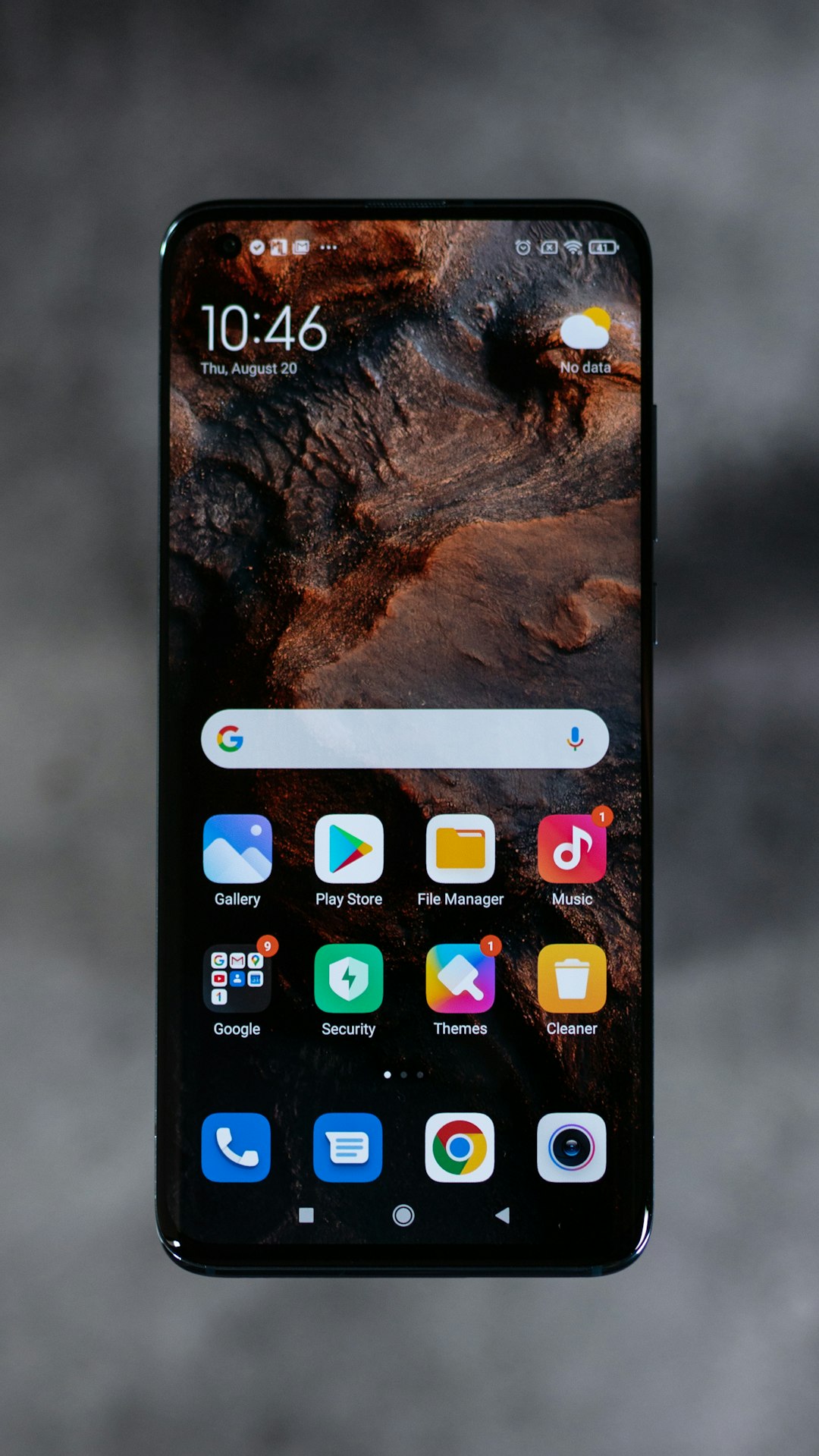
If you receive a robocall asking for donations, don’t immediately respond or provide any personal information. Start by verifying the caller’s identity and legitimacy. Look up the charity they claim to represent online to see if it matches an official, registered organization. Check with local authorities or a reputable consumer protection agency in Montana to confirm if there are any outstanding warnings or complaints against the caller.
If you suspect the call is fraudulent, consider blocking the number and reporting it to your local law enforcement. Additionally, consulting a robocall lawyer in Montana can help protect your rights and provide guidance on potential legal actions you may take against persistent or malicious scammers.
Legal Protections for Consumers Against Charity Telemarketing Frauds
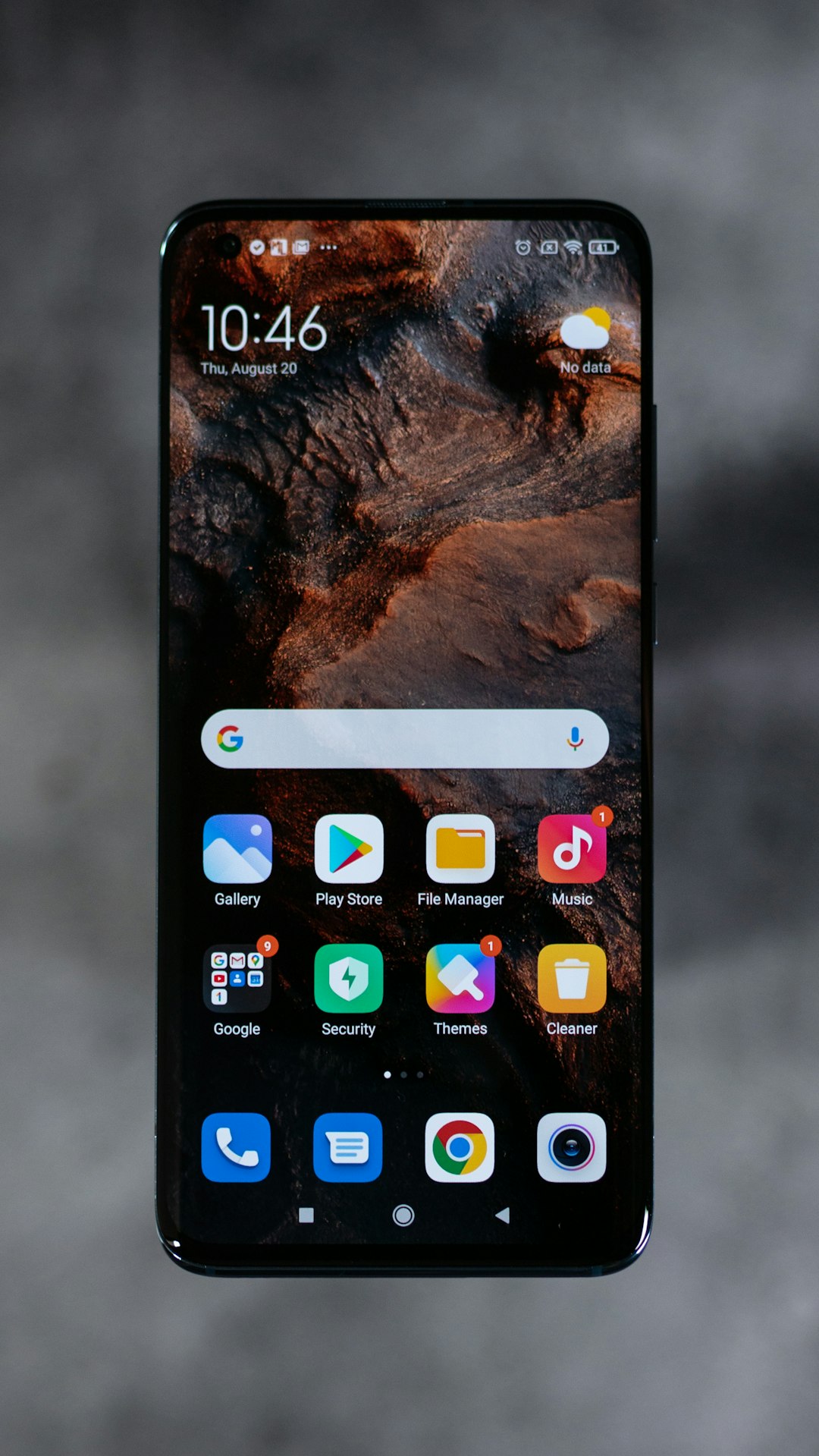
In Montana, consumers are protected by laws designed to prevent and penalize charity telemarketing frauds, also known as robocalls. The Telephone Consumer Protection Act (TCPA) is a federal law that restricts certain practices in the telemarketing industry, including automated or prerecorded calls to telephone numbers assigned to wireless services without explicit prior consent. Violations of the TCPA can result in significant penalties for scammers and robocall lawyers in Montana often specialize in helping victims recover damages.
Additionally, the Montana Unfair Trade Practices Act (MTUTPA) prohibits unfair, deceptive, or unconscionable acts or practices in commerce. This includes charity telemarketing scams that mislead consumers about the purpose of their call, the charitable organization they represent, or the amount of money requested. If you’ve received a suspicious robocall claiming to be from a charity, it’s advisable to verify the legitimacy of the call through independent channels before providing any personal information or making donations.
Resources and Tips for Reporting Fake Charity Robocalls in Billings, MT

If you’ve received a suspicious robocall claiming to represent a charity in Billings, MT, don’t hang up—report it! The first step is to verify the organization’s legitimacy. Check if the charity is registered with the state and recognized by reputable watchdog groups like Charity Navigator or the Better Business Bureau (BBB).
For further action, consider reaching out to a Robocall Lawyer in Montana. These legal professionals specialize in protecting consumers from fraudulent activities, including robocalls. They can guide you on how to file a complaint with relevant authorities like the Federal Trade Commission (FTC) and provide advice tailored to your situation. Additionally, spreading awareness within your community about these scams can help keep others safe.


